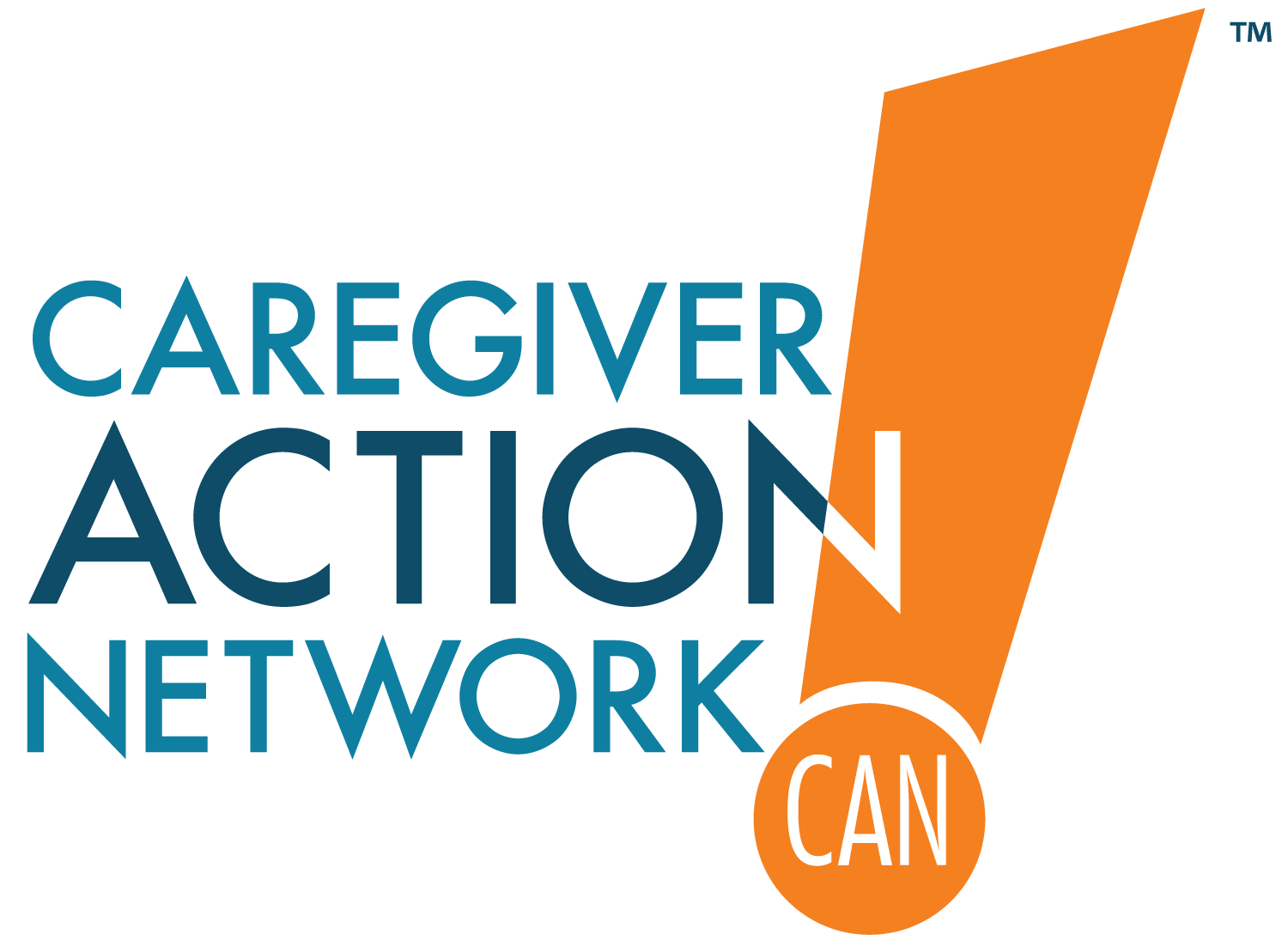Neuropsychiatric Symptoms (NPS) can present in various ways, and caregivers are often the first to notice changes in their loved one’s emotions, behaviors, and perceptions.
Have you seen or experienced any of these signs?
- Does your loved one seem restless, pacing back and forth?
- Have they started cursing, yelling, or using verbal aggression?
- Do they frequently grab at things or people?
- Are they hitting, screaming, or lashing out physically?
- Do they make strange noises or repeat the same words or phrases?
If you answered “yes” to any of these questions, tracking and documenting these behaviors over time can be helpful.
Recognizing patterns can provide valuable insights for healthcare providers and help guide better care decisions.
The Agitation in Alzheimer’s Screener for Caregivers (AASC®) is a simple tool designed to:
- Help caregivers identify and track signs of agitation in their loved ones
- Provide a structured way to describe behaviors to doctors and healthcare teams
- Start important conversations with healthcare providers about the next steps in care
Psychosis (Hallucinations and Delusions)
- Has your loved one mentioned seeing or hearing things that aren’t there?
- Do they believe that others are stealing from them or trying to harm them?
- Have they been hoarding or hiding objects around the house?
- Are they handling objects in unusual or inappropriate ways?
Emotional Changes: Depression and Anxiety
- Does your loved one seem withdrawn or uninterested in activities they once enjoyed?
- Have they been expressing sadness, worry, or frustration more often?
- Do they frequently complain or express negativity about situations?
- Are they constantly seeking attention or reassurance?
Apathy and Loss of Interest
- Have they stopped engaging in conversations or activities they used to like?
- Do they seem disconnected from their surroundings or uninterested in family interactions?
- Have you noticed them sitting still for long periods without engaging in anything?
Repetitive Behaviors and Restlessness
- Are they frequently repeating the same questions or sentences?
- Do they engage in repetitive actions like tapping, rubbing their hands, or handling objects?
- Have they been trying to leave or wander to unfamiliar places?
- Have they started undressing or removing their clothing at inappropriate times?
- Do they have trouble understanding social boundaries, such as personal space?
If you recognize any of these behaviors in your loved one, know that you are not alone. These behaviors are common in Alzheimer’s disease, and there are effective strategies to help manage them. The next section will explore ways to support your loved one using non-medication approaches.
